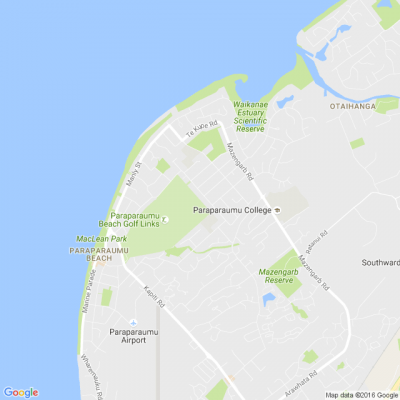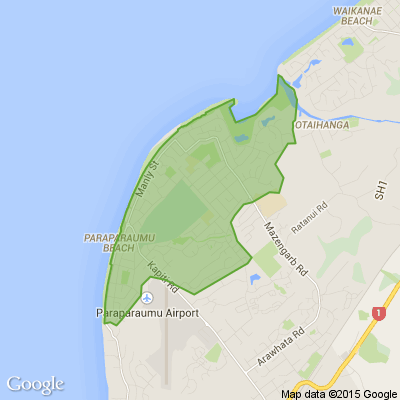Having my say in an open response to KCDC
On occasion KCDC send me emails about their LTP (Long Term Plan) asking for my feedback. I'm not sure why I keep sending in these responses, maybe one day I hope it may make a difference, but so far all I get back is the council's opinion on what they thought they should do, and therefore what they will do.
One day I hope we will have councillors who will have the balls to put a stop to spending and starting living within our means.
I don't want to blame the current council members, as they have essentially inherited a $185 million debt from previous council spending. *This number is from www.kapiticoast.govt.nz...
However, the problem remains, we have a debt of $185 million. Perhaps $110m of this debt is due to previous spending on water supply, wastewater management and stormwater management. I was unable to find any indication of how the council is planning to reduce this debt. Is there anybody who is willing to stand up and ask "Why aren't we looking for options to pay this off?"
What if we could pay off $25 million each year for the next 5 years?
There are multiple options we could consider:
a) Raise rates 25% (for a 5 year period) This would provide an additional $25 million but you would have lots of unhappy customers.
b) Raise rates 5% (forever) and continue to pay off this debt at a very slow rate.
c) Cut back on all non-essential capital expenditure (for a 5 year period) This would provide the additional $25 million. No additional increase to rates!
d) Cut back on all non-essential council services (for a 5 year period) I couldn't find any figures for how much we could save, perhaps somebody else can comment on this. I'm sure it would be a significant amount.
e) A mix of cutting back on non-essential services, and a smaller rates increase, although the rates increase provides a relatively small amount, so it may not be worth it.
What are the essential services of council?
a) Water supply
b) Wastewater
c) Storm water
d) Road maintenance (repairing damaged roads only)
e) Rubbish removal (I consider this to be an essential service, however it is currently funded by home owners separately)
f) Services like licensing and building approvals are operated by the council, however these are generally all self-funding.
Everything else is therefore non-essential.
Perhaps non-essential services might include these capital expenses:
a) The transport hub and link road ($6.8m)
b) Seawall replacement ($3.2m)
c) Mahara gallery and Waikanae library ($5m)
d) Kapiti Gateway ($3.1m)
e) Parks and open spaces ($4m)
f) There is currently $74m budgeted for operating expenses, but there is no breakdown of this amount, so it is hard to say how much could be saved by closing the swimming pools, libraries, galleries, and other non-essential services.
At the very least we could save $22.1m per year, probably a lot more.
Swimming pools, libraries, galleries, parks, housing and new roads are lovely, but we can live without them. Certainly if we knew it was only for a period of 5 years. In some cases the swimming pools, libraries, galleries and parks could operate a self-funding model, where they raise their own funding to cover their salaries through user-charges, advertising or sponsorship.
In summary, I'm sorry I don't support either of the council's proposed options. I do support cutting all non-essential services for a number of years in order to reduce debt.
Neighbourly people - please be kind. I love using our parks and cycle ways. I visit the library and swimming pool on occasion. The parks and open spaces and fruit trees provided by the council are awesome. However, if we can significantly reduce our debt (and that debt belongs to every rate payer on the Kapiti Coast) then I would vote in favour of cutting non-essential spending and non-essential services in order to do so.
Driven On The Akatarawa Rd Lately?
If so, its good to know you are still alive and reading this.
We have a function to go to over Christmas up that way and having heard a few hairy stories about the road, I went up there on Thursday to check it out. The road's ok, narrow and winding, but not much worse than a Wellington hill suburb. What was pretty scary was the behavior of other drivers. Three vehicles heading the other way at speed would have crashed into me if I hadn't been pulled off the road. I had pulled in to check the address when a truck came flying past, taking up all of the narrow road at speed. There is no way the driver would have been able to stop had they come around the corner immediately in front of me. The other two drivers came hurtling past as I had turned in to turn around and come back down the hill. They were also driving at speed and taking up most of the road. Coming back down I passed another car coming up and estimate that the safe speed to pass another car was about 30-35 kms.p.h. So, now we're thinking, do we go to the function or not.? Feels a bit like we're taking our life in our hands going up there. Drivers appear to be overconfident, and they are courting serious injury.








 Loading…
Loading…